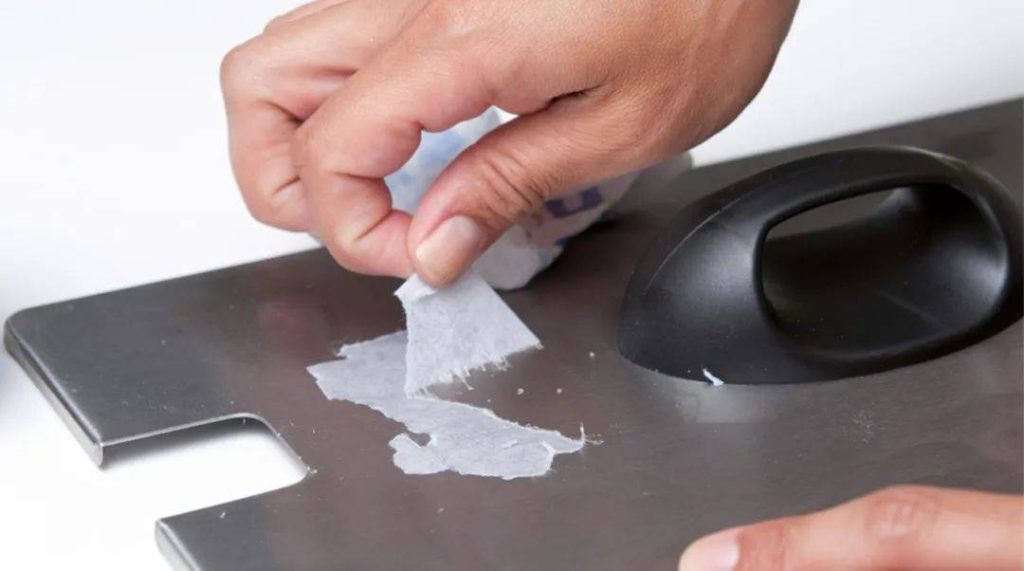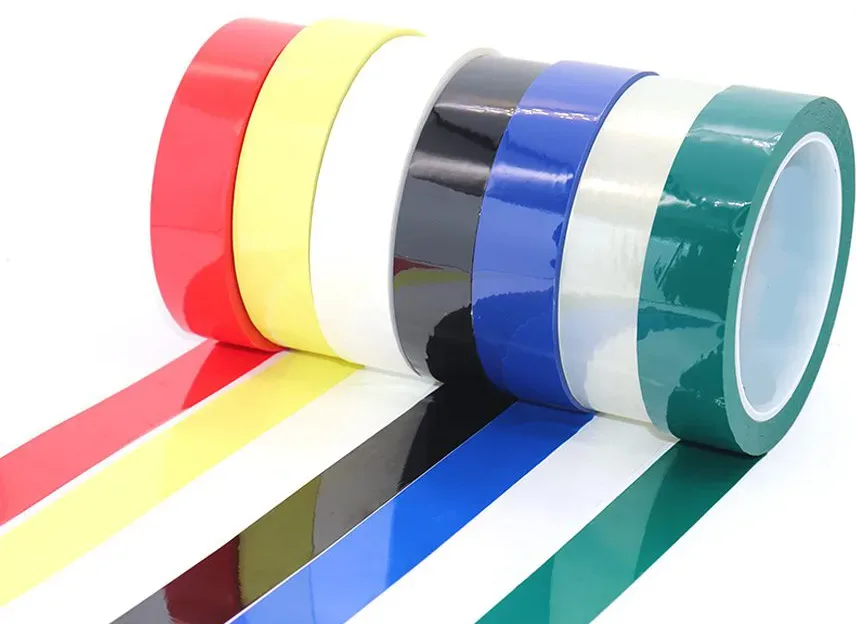Did you know that a staggering 30% of jobs are predicted to be automated by 2025, according to Business Insider? In the fast-evolving world of packaging and shipping, especially with the resurgence of e-commerce, understanding the nuances of packing tape is crucial. From ensuring a strong seal to adapting to automation trends, let’s dive into the special considerations and innovations that shape the future of packing tape.
Can I Use Duct Tape to Ship Out Packages?
The Misconception of Duct Tape in Shipping
When shipping out packages, it might seem like an obvious choice to use duct tape to seal it. Duct tape is known for being strong and versatile, often touted as a solution for countless household repairs. However, in reality, it’s not a good idea for shipping packages for several reasons. Instead, you should opt for dedicated packaging tape.
Risks of Using Duct Tape
Shipping carriers often reject packages sealed with duct tape. Why is this so important? It’s simple: duct tape doesn’t provide a sufficiently strong seal on cardboard materials. This common packaging material tends to “unstick” over time, which exposes the contents of your packages to potential damage or loss. If a duct-taped package slips through and causes damage, companies like UPS will not honor damage claims. So, what should you be using instead?
Choosing the Right Packaging Tape
There is a wide variety of packaging tapes available that are specifically designed for different scenarios. For instance, HP 100 and HP 200 packaging tapes offer a fantastic balance between performance and cost, making them ideal for general shipping needs. If you’re engaged in e-commerce or single-parcel shipments, consider HP 400 and HP 500 tapes for reliable seals. For shipping valuables or delicate items like computers, HP 800 provides the perfect solution to ensure secure packaging.
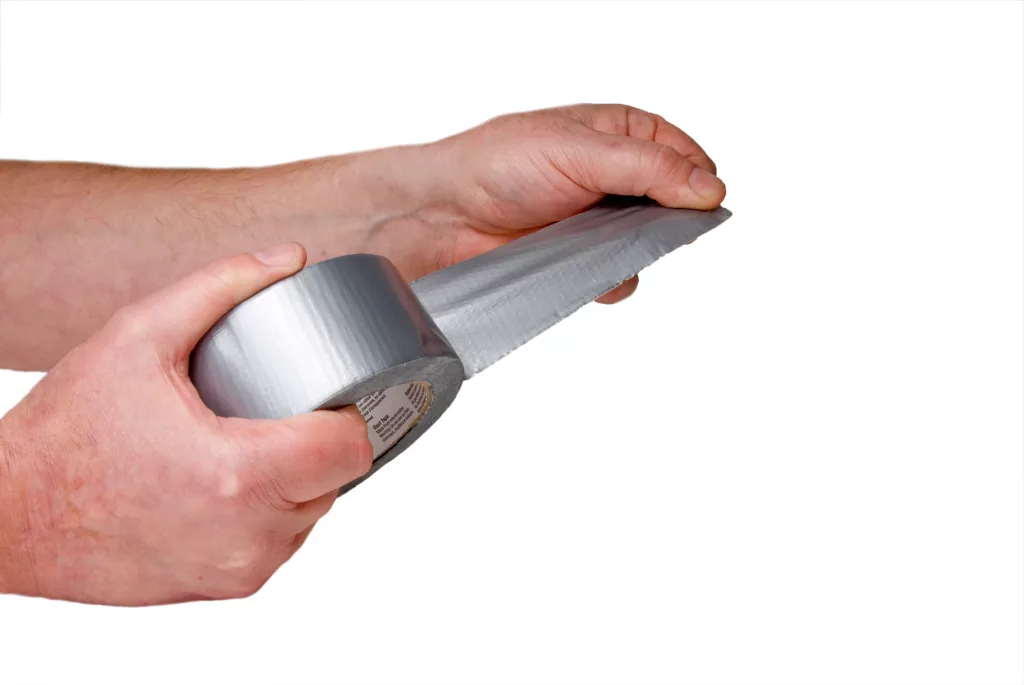
How to Choose Packaging Tape for Cartons?
Carton Types
Always consider what you are sealing when selecting packaging tape. The world of packaging is full of different carton types, from the common corrugated carton to recycled, thick or double-wall options, as well as printed or waxed variations. Each type has its own set of advantages and disadvantages regarding tape performance.
Recycled Cartons
As recycled cartons become more prevalent—driven by consumer demand for sustainability—you may find they require specialized packaging tapes. The smaller fibers and added fillers in recycled materials can inhibit adhesive performance, making it difficult for standard packing tape to stick effectively.
Thick Cartons
For thick or double-walled cartons, it’s crucial to use a tape with high holding power. Hot melt tape, for example, is specifically formulated to provide greater resistance to slippage. Holding power—essentially the tape’s ability to maintain its bond—is vital for ensuring carton flaps stay sealed. If the major flaps have more memory and thus apply stress on the tape, inadequate holding power means it might flag or pop off.
Surface Coatings
Additionally, coatings like ink or wax can create barriers, preventing adhesives from adhering properly to the corrugated surface. In such cases, consider tapes that use lower viscosity adhesives, such as acrylic tape, to allow better penetration through these coatings.
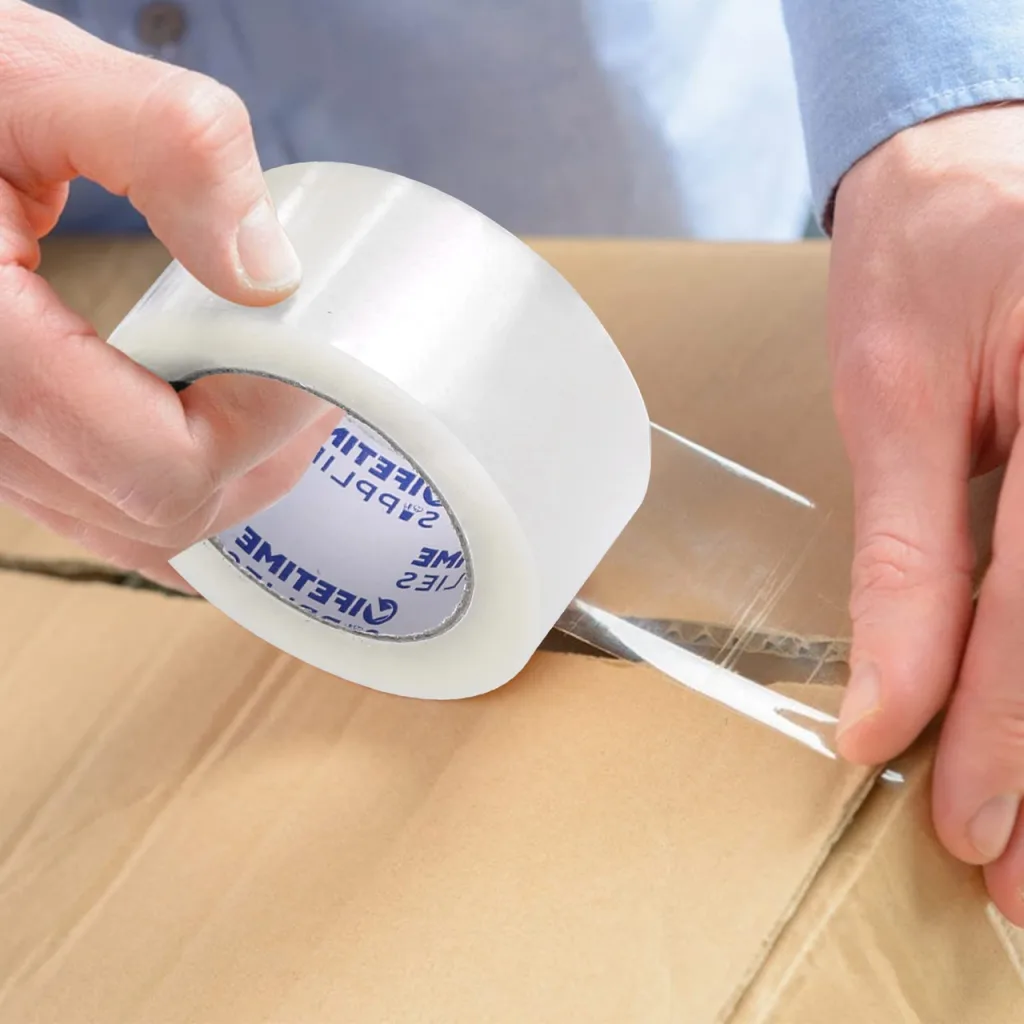
Automation with Packaging Tape
Automation in Manufacturing
Experts predict that automation will reshape industries significantly, with robots expected to take over 60% of jobs by 2030. While many industrial manufacturing facilities have already begun integrating automation, there are still some companies that rely heavily on manual labor. These operations still use processes like palletization and reworking cases manually, even if they employ automated case sealing.
Streamlining Operations Through Automation
However, other facilities have fully embraced automation, transforming their staff from line workers to plant managers. Technology continues to advance, with increasing robotics on the production line at events like Pack Expo showcasing the potential for this transformation.
Packing Tape in Automated Systems
As someone deeply invested in the world of tape manufacturing, I often ask: What happens if the tape fails in an automated environment? If every element is streamlined, a tape failure can negate the efficiency gained from a fully automated process. Imagine a production line where cases aren’t sealed correctly—it can halt everything.
The Full Impact of Tape Failure
Products may fall, production stops, and workers must intervene to correct the issue. The costs add up quickly—all due to a tape failure that could have been mitigated with careful selection. But remember, tape is only part of the solution. The effectiveness of packing tape relies on choosing the right product and ensuring proper application to the materials being used.
Related article: Special considerations for packaging tape.
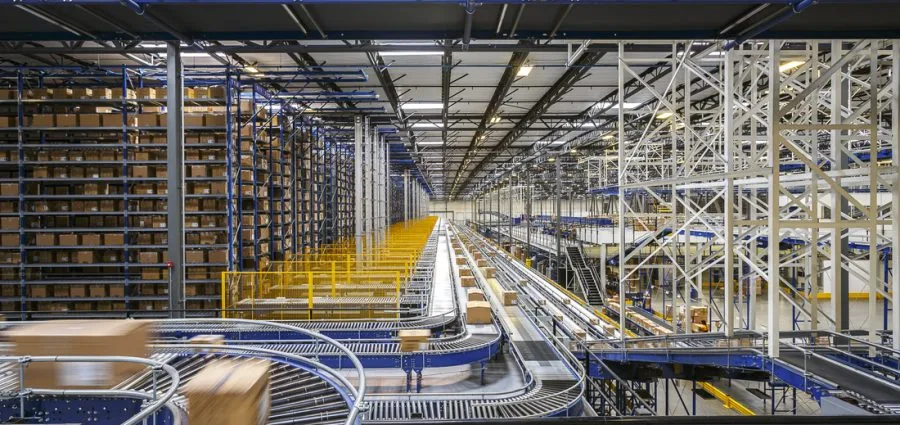
Conclusion
In conclusion, navigating the intricacies of packing tape involves careful consideration of numerous factors, from the types of tape to the materials being sealed. Understanding the limitations of duct tape, the importance of sanitation in wash-down environments, the significance of considering carton types, and the impact of automation on packaging processes will help you choose the best solutions.
At Fonitaniya Tape, we’re proud to offer over 15 years of expertise as an adhesive solution provider. Our innovative packaging tapes are designed with the evolving needs of the industry in mind, ensuring that your packaging solutions meet the highest standards.
FAQs
What is the best tape for shipping packages?
Packaging tape is the best choice for sealing packages. Duct tape doesn’t provide adequate seals.
Can I use regular tape for shipping?
Regular tape is not recommended; always use packaging-specific tapes for proper seals.
What is wash-down in food manufacturing?
Wash-down refers to cleaning processes using high-pressure water and chemicals to sanitize equipment.
Does the type of carton affect tape choice?
Yes, different cartons, like recycled or double wall, require specific tapes for effective sealing.
What happens if tape fails in automation?
Tape failure can disrupt automation, leading to production halts and increased costs due to broken seals.


